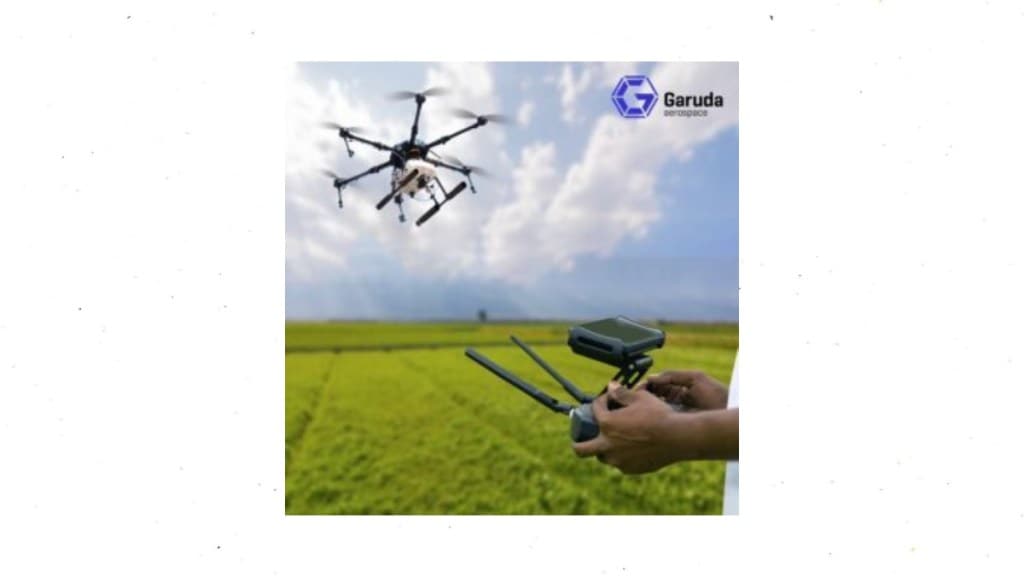In a significant development in India’s defence procurement strategy, the Indian government has imposed penalties on GE Aerospace following a two-year delay in the delivery of F404-IN20 engines intended for the Hindustan Aeronautics Limited (HAL) Light Combat Aircraft (LCA) Mk1, also known as Tejas.
The setback has implications for both India’s ambitious indigenisation programme and its ongoing collaboration with US-based GE Aerospace, a crucial partner in strengthening India’s domestic aerospace capabilities.
Context of the Delay
Originally, GE Aerospace was scheduled to start engine deliveries in March 2023, underpinning HAL’s production of Tejas Mk1—a lightweight, multi-role supersonic fighter jet central to India’s aerial defence strategy. However, the company now projects that the first batch of engines will not be available until April 2025, sparking concerns over programme timelines and production delays.
In response, India’s Ministry of Defence has imposed financial penalties on the aerospace giant, citing the extensive delay as a breach of the contract’s terms. The development underscores India’s firm stance on meeting contractual obligations in critical defence procurements, especially as the country aspires to reduce dependence on foreign arms supplies and bolster indigenous production.
What GE has to say?
In response to a question from Financial Express Online, a GE Aerospace spokesperson commented, “We are working with our partner HAL and suppliers to resolve constraints and deliver F404-IN20 engines for the LCA Mk1 programme.” GE has not elaborated on the nature of these “constraints,” but sources close to the company cite pandemic-related supply chain disruptions, component shortages, and logistical challenges as contributing factors.
The Broader Implications for Defence Cooperation
The delay and subsequent penalties come at a time of increased strategic cooperation between India and the United States, particularly in defence and technology transfers. GE’s collaboration with HAL represents a landmark partnership, with significant implications for India’s efforts to achieve self-sufficiency in defence manufacturing. Through agreements such as the F404 engine deal, India seeks to transition from an arms importer to a defence production hub, gradually reducing its reliance on foreign technology.
The LCA Tejas project is particularly symbolic of India’s strategic shift. As a flagship programme under the ‘Make in India’ initiative, the Tejas Mk1 is intended to strengthen India’s fighter fleet with domestically manufactured jets, providing both technological and economic benefits. The penalties imposed on GE, however, highlight a growing emphasis on accountability and adherence to production timelines within India’s defence procurements. Government sources have underscored that these penalties are not politically motivated but are rather a standard response to contractual lapses, aiming to ensure timely progress in critical defence projects.
No Pressure Tactics, Assures Government
Despite speculation that US officials might exert influence to mitigate the impact of the penalties, Indian government sources have denied any external pressure or attempts by the United States to influence the decision. Instead, officials emphasised the need to uphold contract terms, reinforcing that the Indian government’s decision is rooted in a principled approach to defence manufacturing partnerships.
Industry Outlook and Strategic Focus
As GE Aerospace and HAL work to resolve the logistical hurdles, the delay raises questions about potential downstream impacts on other defence projects. India is actively pursuing the development of the Tejas Mk2 and Advanced Medium Combat Aircraft (AMCA), two indigenous fighter programmes where both engine technology and production timelines are crucial.
The delay of the F404-IN20 engines could also influence India’s perspective on future defence agreements. New Delhi has steadily expanded its defence procurement relationships to include partners from France, Israel, and Russia, as well as the United States, in an effort to build a more diverse and resilient supplier base. This delay may encourage India to reevaluate its expectations and contractual terms in future international partnerships to better manage risks associated with supply chain vulnerabilities.
Moving Forward
For GE Aerospace, meeting the revised April 2025 deadline is paramount not only to restore the confidence of Indian defence authorities but also to reinforce its strategic positioning within India’s defence sector. The firm’s ability to swiftly address the current issues will be closely watched, given the importance of timely deliveries in high-stakes defence collaborations.
This incident serves as a reminder of the complexities involved in defence manufacturing partnerships and the high expectations placed on timely delivery in a sector where delays can affect national security agendas. As India pushes forward with its indigenisation objectives, it is clear that future collaborations will need to factor in robust contingency planning and ensure greater resilience against supply chain disruptions.
The resolution of this issue will be pivotal in defining the trajectory of US-India defence relations, especially as both nations navigate an increasingly multipolar world and the demands of an evolving security landscape in the Indo-Pacific.
